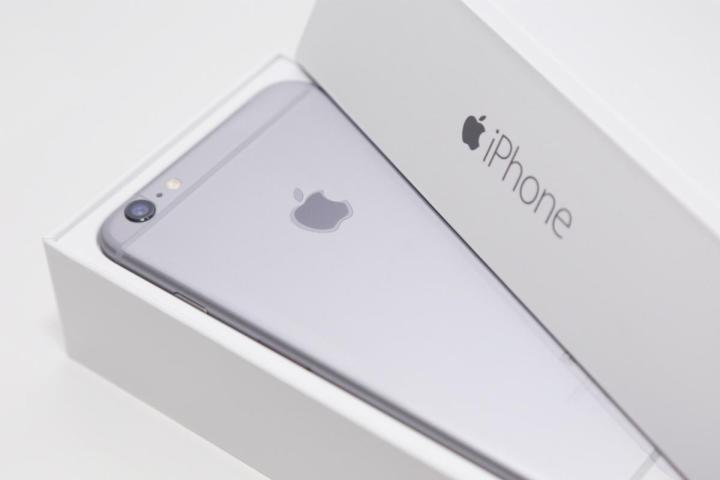
During the three months ending February, Apple claimed 41.7 percent of the U.S. smartphone market, down 0.1 percentage point from November. Samsung finished in second place with 28.6 percent of the market, down 1.1 percentage points from November.
LG finished third with 8.3 percent of the market, up 0.7 percentage points from November. Motorola (5.1 percent) and HTC (3.8 percent) rounded out the list, according to comScore.
It will take at least a couple months to see how Samsung’s Galaxy S6 and S6 Edge phones will shift the company’s market share in comScore’s data. (Early signs are quite positive.) The same goes for LG, which may unveil its LG G4 phone later this month.
When it comes to smartphone operating systems, Google’s Android remains No. 1 with 52.8 percent of the U.S. market during the three months ending in February. Apple’s iOS was second with 41.7 percent, followed by Microsoft with 3.5 percent, BlackBerry with 1.8 percent, and Symbian with 0.1 percent.
The report from comScore also lists the top 15 smartphone apps in February, which is mostly an exercise of naming Google and Facebook’s respective portfolios. While some of the rankings have shifted, the only new addition to the list is Snapchat, which ranked No. 15 with a 19.2 percent adoption and replaced Pinterest.
During the three months ending in February, 186.3 million people in the U.S. owned smartphones, according to comScore. This was up 5 percent from November.


